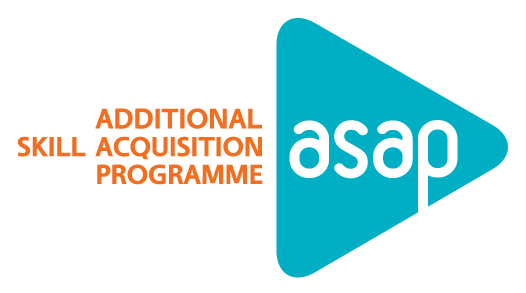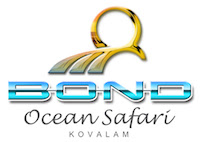Course Overview
Emergency First Response is one of the major international organisations for Cardiopulmonary Resuscitation (CPR), Automated External Defibrillator (AED), and first aid training. Every day, about 56,000 EFR instructors help people, communities, and businesses prepare for catastrophes in 170 different countries. EFR courses improve learning by providing a calm environment and tools to help in the memory of critical emergency procedures.
View MoreKey Topics
Participants learn easy to follow steps, for emergency management, with the help of self-study manuals, videos and quick reference cards.
Teaches you to deal with life –threatening emergencies, to carry out eight skills, for assisting patients, who are not breathing, have no heartbeat, probably have a spinal cord injury, probably may be in a shock or may be bleeding heavily.
There are many wreck dive sites that are deeper than 18m and in general you will get to see larger marine life at deeper sites that are further away from the coast. Compared to a dive to 18m, your no stop limit will be about 3 times shorter at 30m. It is beneficial to get yourself trained in using Enriched Air (Nitrox) when doing (multiple) deep dives.
You will learn to provide first aid, to alleviate pain and lessen risks, in conditions that do not pose a threat to life, when medical services are unavailable or delayed learn, practice and apply emergency care skills related, to emergencies involving infants and children. Included with Primary Care (CPR) and Secondary Care (First Aid) courses.
This course is often merged /included in the First Aid at Work programs. This course therefore includes additional topics and skills, to meet governmental requirement and still maintains, the ease of learning EFR approach.
It is prudent to update your CPR and first aid skills every 24 months, to be prepared for emergencies. This course enables this goal.
Investment
to secure your future
1 Installment
Rs 12000 (One Time Payment)
2 Skill Loan
Available
Need Assistance?
FAQs
Anyone who is interested in acquiring or updating CPR and first-aid skills.
It varies, depending on how a course is conducted. For example, it might be as short as three to four hours, especially if your course incorporates independent study. If the primary and secondary care courses do not incorporate independent study, they could take five to eight hours. Since the course is performance-based, other factors, such as the number of participants, whether recommended skills are included, the number of mannequins available and how quickly participants master the skills practice sessions will also determine the course length.
It is recommended that you refresh your skills every two years. After successfully completing the course, participants receive a course completion card. Emergency responders can refresh their skills through a short-skills practice session or as part of a regular Emergency First Response class.
You can write to us.
The given Training Centres will be the Course Venues. You can reach out to one of our representatives from the following training centres for more details.
CSP Cheriya Kalavoor
ASAP Community Skill Park,
Pincode: 688522
Behind Little Flower Nursery,
Cheriya Kalavoor,
Kalavoor, Alappuzha- 688522CONTACT DETAILS
Be a pioneer in the Tourism and Hospitality industry through this Emergency First Response. Open up doors of opportunity into your future










